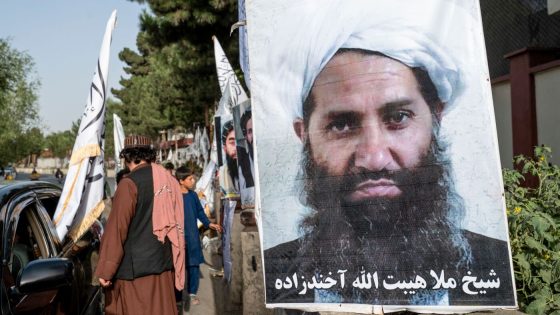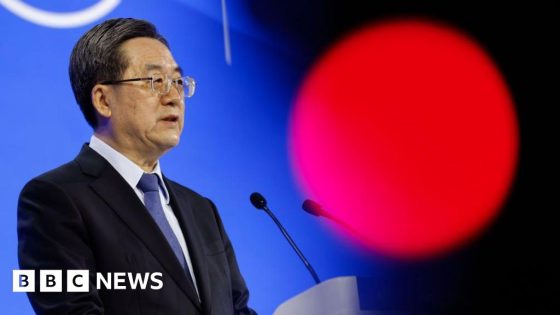The International Criminal Court (ICC) has proposed arrest warrants for Taliban leaders for gender-based crimes committed against women and girls in Afghanistan. This development comes on January 25, 2025, as the ICC Prosecutor seeks to hold those responsible for systematic persecution accountable.
- Arrest warrant proposed for Taliban leaders
- ICC Prosecutor seeks gender persecution charges
- Taliban rejects court move against officials
- Taliban criticizes ICC over arrest requests
- Statement issued by ICC Prosecutor Karim Khan
The proposed warrants are part of ongoing efforts to address human rights violations in Afghanistan, particularly following the Taliban’s return to power in 2021. The ICC’s move has sparked significant reactions from the Taliban, who have rejected the court’s authority.
The ICC’s initiative reflects growing international concern over the treatment of women and girls in Afghanistan since the Taliban’s resurgence. Reports indicate that the Taliban has imposed severe restrictions on women’s rights, including bans on education and employment. The ICC’s prosecutor, Karim A.A. Khan, has emphasized the need for accountability in light of these abuses.
Key points regarding the ICC’s actions include:
- The proposed arrest warrants target senior Taliban officials.
- The ICC aims to prosecute those responsible for systematic gender persecution.
- International human rights organizations have supported the ICC’s efforts.
In response to the ICC’s announcement, the Taliban has dismissed the court’s jurisdiction and criticized the move as politically motivated. They have maintained that their governance is legitimate and that they are working to improve the conditions in Afghanistan.
This situation highlights the ongoing struggle for women’s rights in Afghanistan and the international community’s efforts to address these critical issues. The ICC’s actions may pave the way for further legal proceedings against those implicated in gender-based crimes.
The ICC’s proposed arrest warrants for Taliban leaders signify a crucial step toward accountability for gender-based crimes in Afghanistan. As the situation evolves, the international community continues to monitor developments closely, advocating for the rights and freedoms of Afghan women.

































